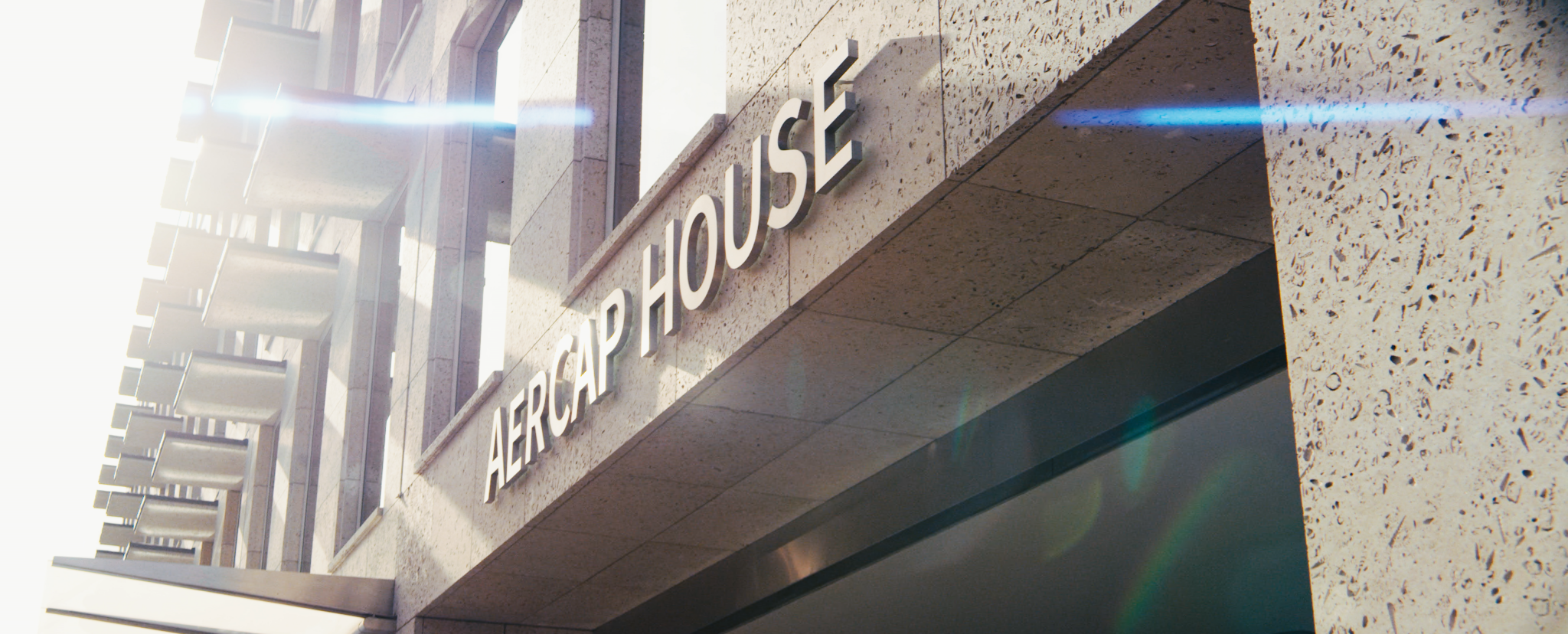The rumours of a proposed merger between AerCap and GECAS broke over the weekend with a flurry of headlines. GE and AerCap stock jumped on the news in pre-trading so investors seem to like the idea. There has been no official comment from either party but should the merger go ahead, the combined company would control a substantial chunk of the aircraft leasing market and solidify AerCap’s position as the world largest lessor, and likely for some time since the combined fleet is estimated at 2,052 installed aircraft today plus 531 on order, thanks to data from Cirium.
GECAS has been on the block for a while now and is reported to have entertained an offer of $40bn from Apollo Global Management last year. The rumoured $30bn offer from AerCap is a substantial discount on that figure, no doubt taking into account the current operating environment. So there alone is the value for AerCap shareholders to digest, before we even get into cost reductions across the combined entity in years to come.
There has been talk about antitrust issues as there would be in any market where the top two companies announce a tie-up. Although there will be regulatory oversight of any deal, as per the norm, the prevailing consensus seems to be that there will not be any issue. Cirium’s Rob Morris notes that “the combined entity would be leasing to only 25% of the world’s airlines and there are still more than 100 other operating lessors globally managing more than 80% of the global portfolio, I think the conclusion should be that competition would remain alive and well even in the face of this merger of the largest two lessors”.
Why does this deal make sense for AerCap? Is bigger better? In this case, it is not just about size – although scale does make a difference in the leasing market as larger lessors can offer all-fleet solutions to airlines and usually can sweeten deals easily by taking older aircraft to remarket and monetise. Although in this market, the latter point on secondary aircraft trading is currently stalled while the world waits out the virus, AerCap has the size and the stamina to survive the crisis and no doubt thrive during the recovery period. Although the two lessor’s fleets are similar, Cirium’s Morris raises a very good point about the combined customer portfolio being the main attraction. “AerCap presently has 159 airline customers, GECAS 176. Only 69 are common so the combined entity would have 266 airline customers. Our database currently lists more than 970 airlines … so between them the combined lessor would be providing aircraft to more than one quarter of the world’s airlines,” he says.
AerCap has form for making bold moves during economic downturns. In September 2009, not long after the collapse of Lehman Brothers, AerCap purchased Genesis. And in December 2013 – under the helm of CEO Aengus Kelly – while the world was still recovering from the impact of the global financial crisis – AerCap, then the much smaller leasing company, acquired International Lease Finance Corporation (ILFC) for a discount to book price.
Speaking at the Airline Economics Global Frontiers Dublin 2021 virtual conference in January this year, Kelly commented that he sees demand for leasing aircraft – opposed to ownership – spiking following the crisis since airlines have seen the benefits in operating a flexible leased fleet (see full interview here along with an interview with GECAS CEO Greg Conlon (subscribers need to log in to view)). He also comments on the need for lessors to focus on new technology aircraft. The table below from Cirium shows that the two aircraft portfolios and orderbooks are very similar. Morris comments on the involvement of GECAS in the 737-800SF programme that could be attractive to AerCap as an option for its older aircraft, similarly for the older 777s since GECAS “has a plan for the 777-300ER with P2F that might be attractive to AerCap”.
The regional jets in GECAS’ fleet would likely be divested but it remains unclear what will happen with Milestone Aviation, the helicopter lessor owned by GECAS. All these unanswered questions will likely be answered in the next few days – if not later today then during GE’s investor day on Wednesday.



